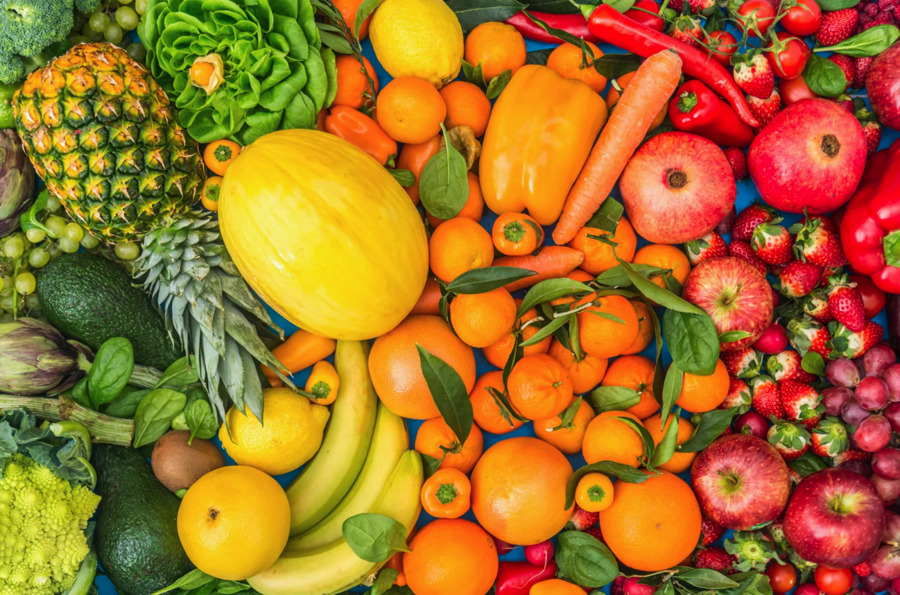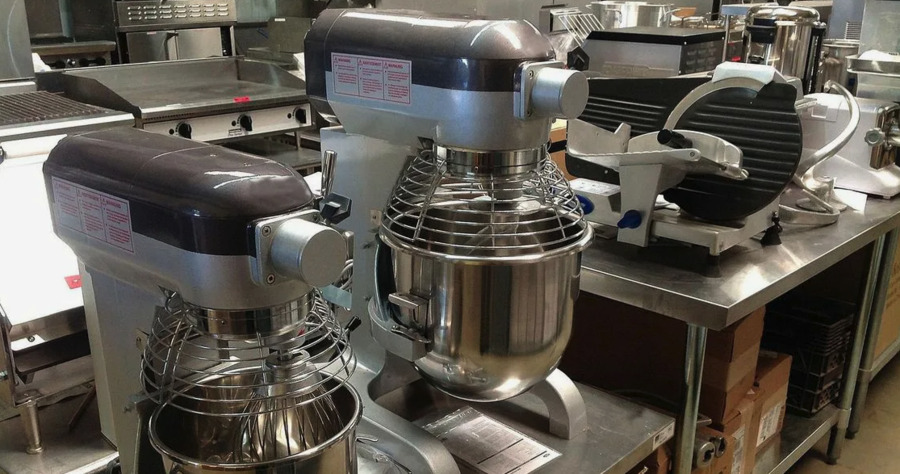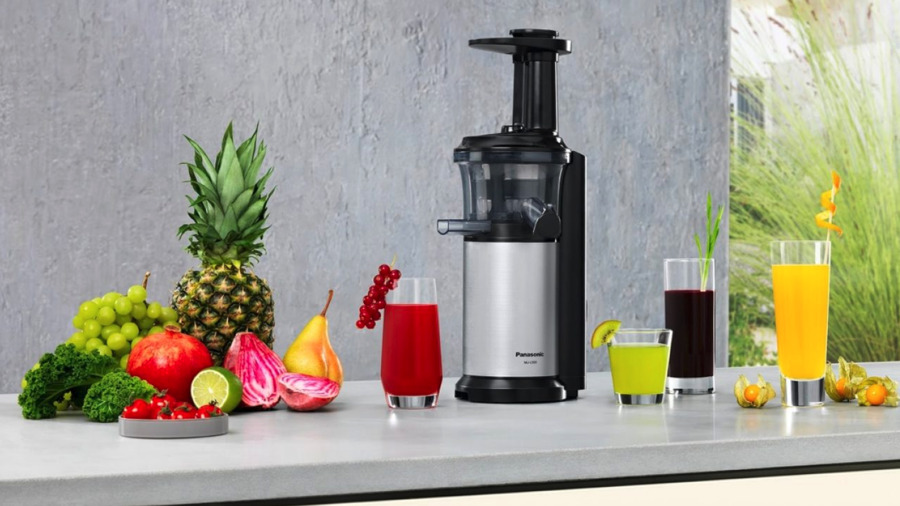In commercial settings where juice is a significant menu item, the choice of a juice maker machine can substantially impact both operational efficiency and customer satisfaction. Given the high demands of environments such as restaurants, juice bars, and hotels, it is essential to select equipment that not only withstands the rigors of heavy use but also operates efficiently under pressure. This article will explore the vital features that should guide the purchase of a commercial juice maker machine, particularly for high-volume settings.
Power and Motor Strength
A robust motor is the heart of any commercial juice maker. Machines designed for high-volume output generally require a powerful motor that can operate continuously without overheating or degradation in performance. When selecting a juice maker, consider units with a high wattage, as this is an indicator of the motor’s power and ability to handle bulk juicing tasks without faltering. A powerful motor ensures that the machine can quickly process hard fruits and vegetables, like apples and carrots, which are staples in many juice blends.
Capacity and Speed
The capacity of the juice maker is crucial, especially during peak business hours when the demand for juice spikes. A machine with a large feeding chute and substantial internal processing space can save time, allowing staff to juice large quantities of fruits and vegetables quickly without the need for constant reloading. Similarly, the speed of the machine directly affects throughput. Faster machines can generate more servings per hour, thereby reducing wait times and enhancing customer service.

Ease of Use and Versatility
In a busy commercial setting, the ease of use of a juice maker machine is critical. Look for machines with simple controls and programmable settings that can simplify the training process for staff and ensure consistency in juice quality. Versatility is another important feature; a good commercial juicer should be able to handle a variety of produce, from soft fruits like oranges to fibrous materials like ginger, allowing for a wide range of juice offerings.
Durability and Construction Materials
Durability is non-negotiable when it comes to commercial kitchen equipment. Juice makers should be constructed from high-quality materials that can endure frequent use. Stainless steel is a popular choice for commercial juicers because of its strength and corrosion resistance. It is also easier to clean, which is vital for maintaining hygiene standards in food preparation areas. Machines that feature high-quality, BPA-free plastics are also worth considering, especially for components that come into direct contact with food products.
Maintenance and Cleaning
Ease of maintenance is a key factor for any commercial kitchen equipment. Juice maker machines with fewer complex parts that are easy to disassemble allow for thorough cleaning and routine maintenance, which are essential for both machine performance and hygiene. Some high-end models offer self-cleaning features, which can significantly reduce downtime and labor costs associated with manual cleaning.
Noise Level
The operational noise level of a juice maker machine is a consideration that can affect the ambiance of a setting. In open kitchen designs or in establishments where the juicer might be used near the dining area, a low-noise machine is preferable to maintain a pleasant environment for customers.
Safety Features
Safety must be taken into consideration when choosing a commercial juice maker. Features such as safety locks that ensure the machine operates only when all parts are correctly assembled and in place and overload protection to prevent motor damage are essential for the safe operation of the machine.
Energy Efficiency
Operating costs are a crucial consideration for any business. An energy-efficient juice maker can help keep utility costs down. Look for machines with good energy ratings designed to consume less power without compromising performance.
Aesthetic and Design
While functionality is paramount, the aesthetic appeal of the juice maker machine can also play a role, especially in venues where the machine is in public view. Sleek, well-designed machines can contribute to the visual appeal of the space, enhancing overall customer perception.

Warranty and Support
Finally, a comprehensive warranty and reliable customer support can safeguard your investment. Opt for manufacturers who offer extensive warranties and accessible technical support. This can mitigate the risks and costs associated with potential operational disruptions due to equipment failure.
Conclusion
Choosing the right juice maker machine for a commercial setting is a decision that requires careful consideration of various factors. By prioritizing features that enhance durability, efficiency, and safety, businesses can ensure that their juice-making operations contribute positively to customer satisfaction and operational success. In high-volume environments where the pace is fast, and the demand is high, the right equipment can make a significant difference in the smooth running of operations.

Fixie owner, traveler, audiophile, Bauhaus fan and independent Art Director. Operating at the fulcrum of minimalism and mathematics to craft an inspiring, compelling and authentic brand narrative. Let’s design a world that’s thoughtful, considered and aesthetically pleasing.
